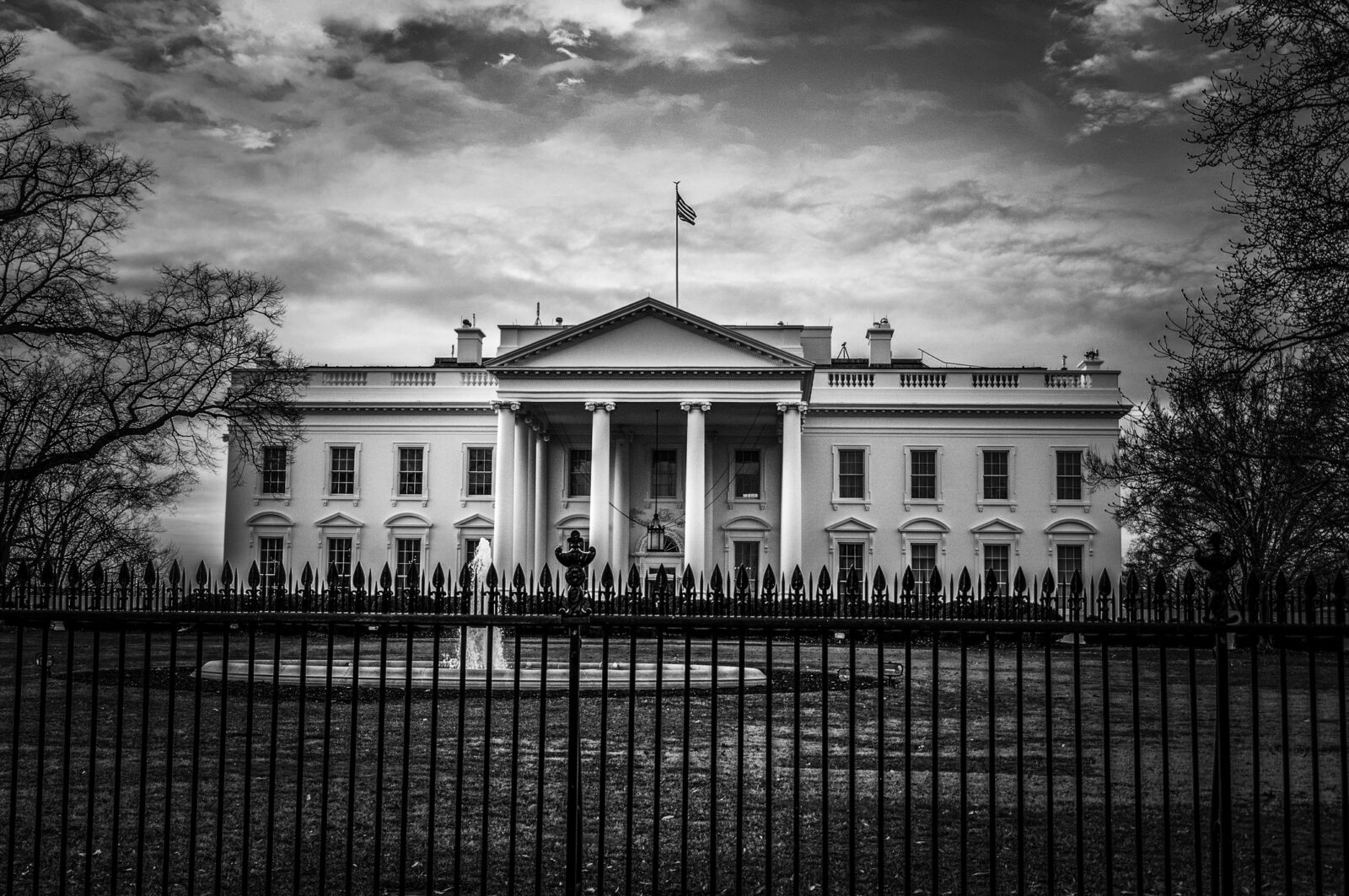January 13, 2021
The Second Impeachment of Donald Trump
ACS Faculty Advisor and Professor of Law, Georgia State University College of Law

Donald Trump. A President who will live in infamy.
This week, by all indications, Donald Trump will be impeached for the second time in his four-year term and for the second time in just over a year. No President has ever been impeached twice. It is now official, inasmuch as such things can be official, that Donald Trump is the worst president in American history. No president has ever been corrupt enough (not Harding or Nixon), indifferent enough to the suffering of the American people (Hoover), racist and oppressive enough of human rights (Jackson or Wilson), or just plain failed and incompetent enough (Fillmore or Buchanan) to achieve this ignominy. And make no mistake, Donald Trump is spectacularly corrupt (emoluments, Russia, Ukraine), plainly indifferent to the American people (the pandemic, the refusal to act to combat climate change or to even recognize the plague of police brutality), racist and oppressive (kids in cages, Charlottesville, “rapists and murderers,” the Muslim ban, Lafayette Square Park, the vilification of Black Lives Matter), and failed and incompetent (all of the above and so much more).
Perhaps most amazingly, none of this is the basis of Trump’s second impeachment. Donald Trump will be impeached a second time for waging war on Democracy. From his months-long efforts to undermine the integrity of the election (calling into question various voting procedures, enlisting his toady Attorney General to lend his lies credibility, attempting to strongarm state officials into undoing the results of free and fair elections, and unleashing unscrupulous attorneys to file frivolous claims and to spread blatant lies) to his incitement of the mob to attack the Capitol and stop Congress from performing its constitutional duty to certify the will of the people that Joe Biden be President and that Donald Trump’s tenure end. There is no room for subtlety. No President has ever done such a thing. No President has ever done anything remotely close.
Just over a year ago, I wrote a post on this site entitled “What to Expect When You’re Expecting an Impeachment.” That post canvassed some of the procedural issues relating to the first Trump impeachment. That impeachment in fact raised a vast array of issues, both procedural and substantive. Although it was only a year ago, so much has happened since that it is useful to recall some of them. Trump’s defense team raised the issue of whether he threatened to withhold aid from Ukraine unless Ukraine announced an investigation of Biden and whether that would constitute a high crime and misdemeanor if he did (nevermind that he did and it would). There was also much debate over whether the House should be permitted to present evidence or subpoena witnesses (recall Sen. McConnell’s refusal to allow John Bolton to be subpoenaed). The second impeachment raises no interesting procedural or substantive issues (except maybe whether the presiding officer at the impeachment trial of a former President is the Chief Justice or the Vice President). There is no question of fact regarding what President Trump said and did. Nor is there any question about what ensued. Indeed, members of the House and Senate are eyewitnesses to events. Moreover, there is no question whether the incitement of violence to interfere with the constitutional election process is a “high crime” or “misdemeanor.”
There are two important procedural points relating to the second impeachment that are well-established. First the Senate may try a former official who has been impeached by the House. When the House impeached President Grant’s Secretary of War, William Belknap, Belknap resigned from office. The Senate voted 37-29 that it retained jurisdiction despite Belknap’s resignation. Second, the Constitution provides that an officer who is impeached and convicted is automatically removed from office (impeachment is not necessary to remove Trump from office, that will happen at noon on January 20). The second impeachment is not redundant; the Constitution authorizes the Senate to impose the additional punishment of barring the impeached and convicted officer from ever holding federal office (including the presidency) in the future. This punishment requires only a simple majority vote and may be imposed as long as the officer has been duly convicted (i.e., by a 2/3 vote).
Ultimately, there is one enduring principle of impeachments that defined the first Trump impeachment and will define the second as well. As I put it last year, because the Senate may only convict by a 2/3 supermajority, “As a practical matter, … impeachment must be a bipartisan undertaking, otherwise any impeachment by the House is an empty, symbolic exercise.” For the first impeachment, Republicans in the House and Senate (Justin Amash and Mitt Romney notwithstanding) simply refused to go along and recognize the President’s actions for what they were. There is every reason to hope this second impeachment will be different. Numerous Republicans have already expressed either their openness to considering impeachment and conviction, or have voiced an outright demand that the president leave office. It should not be controversial that Donald Trump has waged war on Democracy, that this is a high crime, and that he should be disqualified from ever holding office again.




